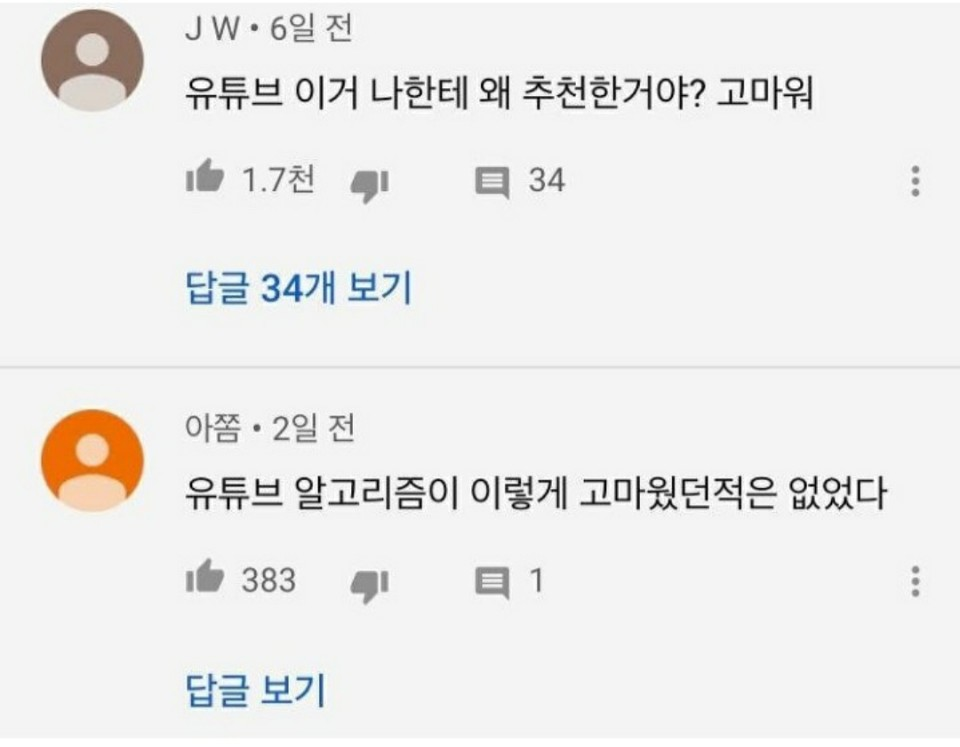"Ah! I remember this song!" Lately, there has been a revival of classic hits on the music charts. Songs from days gone past are once again attracting the attention of fans. This renewed popularity is made possible by nostalgic people seeking to revive memories of their favorite K-pop idols and by technology, using YouTube’s suggestion algorithm.
Songs seeing a return to the charts are often some of the first releases of popular K-pop groups. 'Don't spray perfume' by K-pop boy idol group Teen Top has reappeared recently. It was mentioned in a special episode of 'Hidden Listening Masterpieces' on SBS' YouTube channel, a segment that re-examines songs that saw some popularity in the early 2000s. However, songs that didn't suit people's taste at that time of their first release are now making a comeback in part because of their addictive melodies. Teen Top's appearance on "Hidden Listening Masterpiece" has garnered more than 1.8 million views and an additional 1.5 million views within a week of the show’s release. The band thanked fans for their new heyday and announced plans for a concert where they will features their older tunes to celebrate the 10th anniversary of their debut. No talk of K-pop tunes from the past would be complete without the mention of 2PM. The band’s song "Let's Go Home" also made a revival cause the songs’ dance moves were designed to entice a loved one to go home with you. While nostalgic interest has re-flagged the popularity of K-pop groups such as Teen Top and 2PM, other songs are in the spotlight due as idol groups post more stage videos on various platforms such as YouTube and Facebook. In addition, the "MEME" phenomenon triggered by the comment culture has been activated on YouTube, also contributing to a revival in older music. In some instances, songs are also becoming more popular because of interesting reviews people are posting about the lyrics.
 |
Another K-pop band who saw renewed interest in their work spurred on by the social media platform YouTube is Children of Empire (also known as ZE:A). One viewer posted, “I would have never searched for this,” under a tune by the band proving the algorithm is also working to attract people to ‘classic’ songs. When a person watches a video of their choosing, the software’s algorithm loads up a list of similar videos based on the user’s interests.
‘GANG’, from K-Pop star Rain’s album “My-Life” was released in 2017 but failed to capture much interest. Criticized for its childish lyrics, old fashioned dance style, and cheesy expressions the release was a relative flop. “His fan base is too mature to like his dance style, body and baseless confidence. He needs to find a new ‘image’,” wrote one reviewer after the song was first released. However, after the algorithm exposed it for a second time, everything changed. “One GANG a Day” and the ‘GANG challenge’ began at the end of 2019 where social media users were challenged to perform the star’s dance routine from the music video. The challenge went viral reviving the song on the charts. “Whenever I watch idol videos, YouTube recommends 'GANG'. How can I not click it?” said student Lee, who took part in the does “One GANG a Day” challenge. At first, the algorithm shows the music videos to people who are interested in K-Pop. However, as the song ‘GANG’ became rose in popularity, the algorithm began recommending its parodies to almost everyone. As a result, ‘GANG’ created a second wave for a classic K-pop tune and Rain gets to revive his heyday.
The YouTube algorithm has two purposes. The first is to help viewers find the video they want to see. The second is to help viewers stay satisfied with their content viewing by creating long-term interest. To achieve this goal, YouTube's in-depth neural network categorizes videos that people have seen before by referring to a users’ ‘activity history’. This includes YouTube search history, residence area, gender, and device type. Then they program uses the results to pick out videos that people might want to see out of billions of possible options. Each video is scored based on how well the features of the video match the viewer's viewing history. There are also more detailed classification criteria such as the duration and deviation rate of the video, pressuring video producers to upload longer videos. Next, it is important to note how fast the number of views grows. This is called the snowball effect. A high number of views, results in an even greater number of views. Finally, YouTube surveys the interest of its viewers. The essence of interest is based on the quality of content. However, on average, only about 1 to 2 percent of YouTube's viewers are interested in responding. That's why YouTubers ask users to subscribe to their channel and to press like under the post, as it induces future interest.
YouTube’s algorithm was created by Google Brain. Three years after Google Brain started making such clever recommendations, people spent on average 20 times more time on YouTube's website. More than 70% of the time we spent watching videos on YouTube can be directly credited to a recommendation made by Google Brain.
The revival of classic hits from the past is not a trend we see ending any time soon. Nostalgia will always remind people of their fondest memories keeping them in touch with the past. In the process, the algorithm will play a strong role in in attracting younger people to this old culture. If anything the ties that bind between generations will be strengthened, and this is something we can all welcome.
김건희, 김민경, 임재도 dankookherald@gmail.com

![[Campus Magnifier] Let's Surf the Library!](/news/photo/202404/12496_1765_4143.jpg) [Campus Magnifier] Let's Surf the Library!
[Campus Magnifier] Let's Surf the Library!
![[Campus Magnifier] Let's Surf the Library!](/news/thumbnail/202404/12496_1765_4143_v150.jpg)





